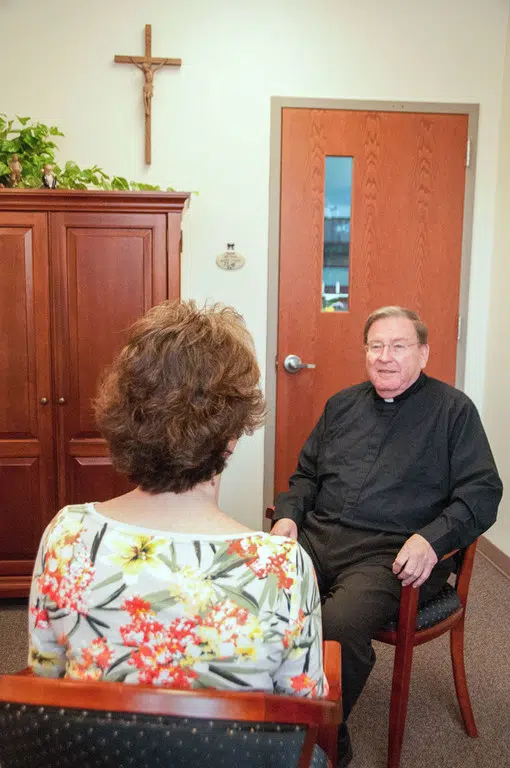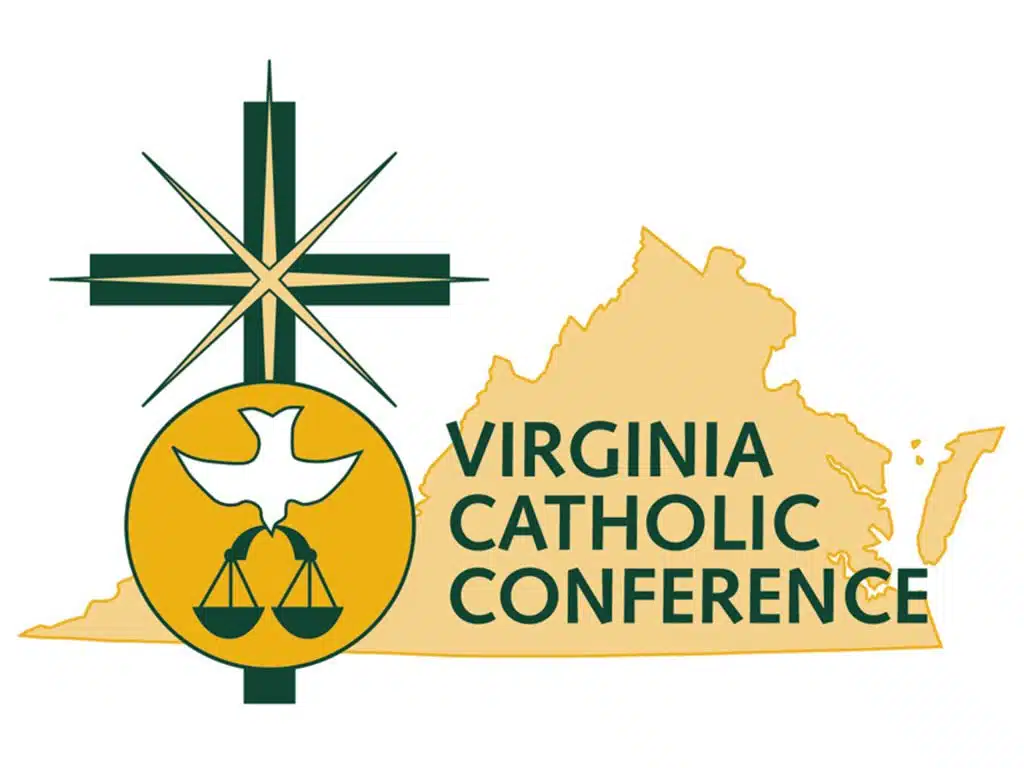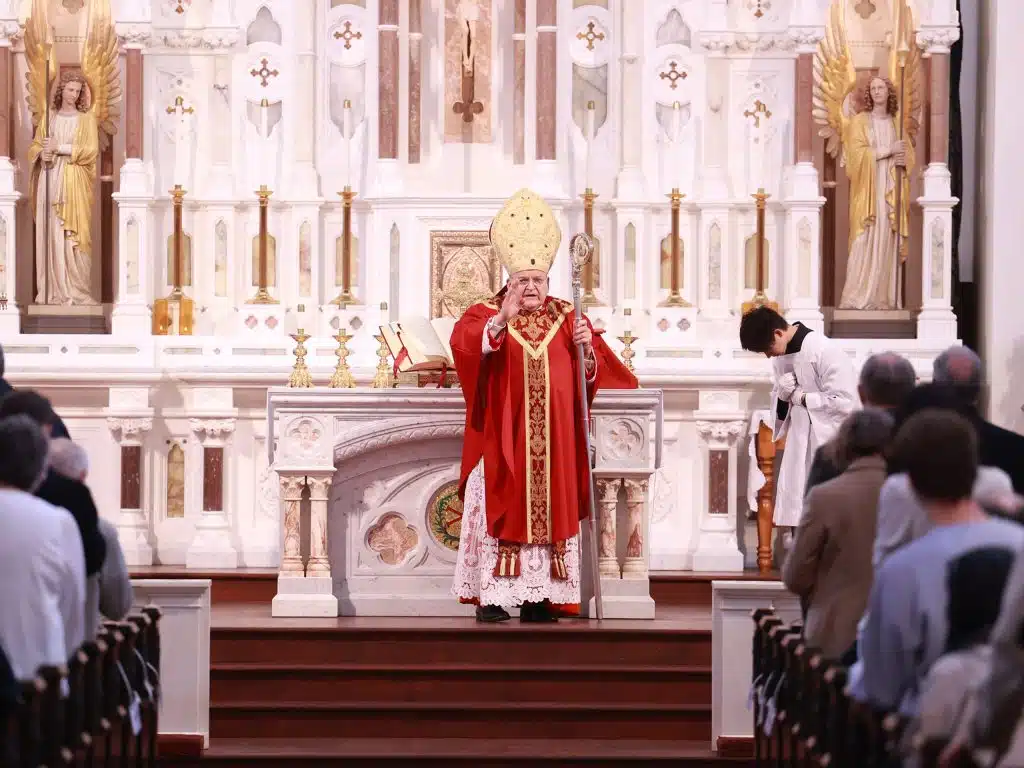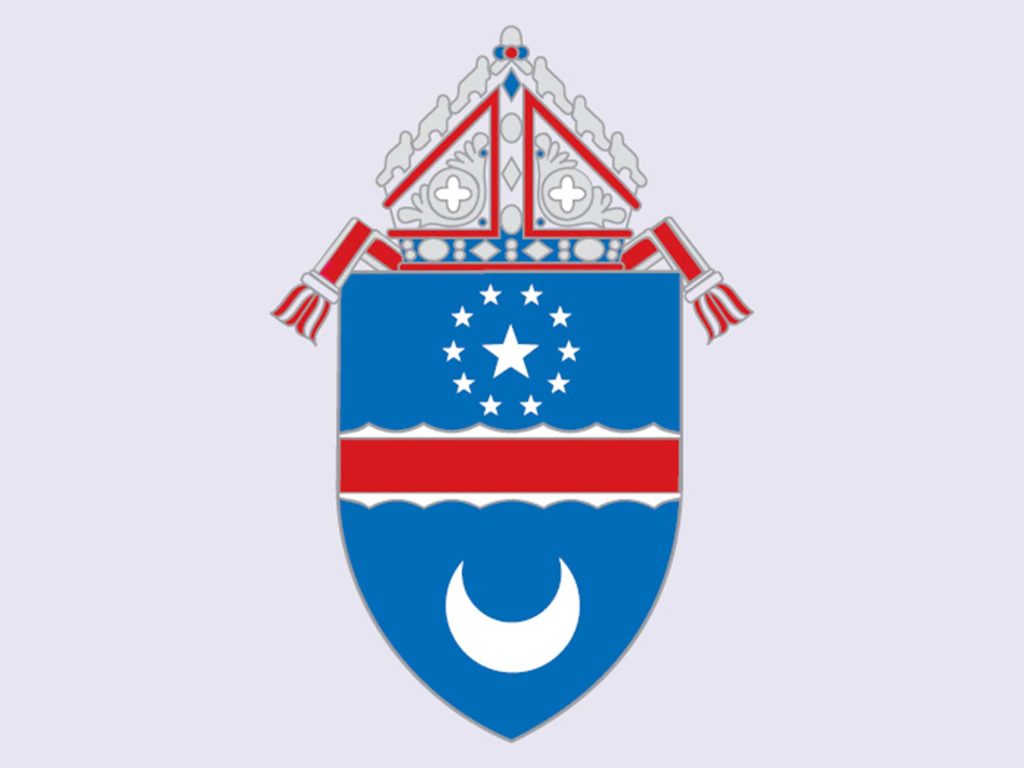How should I communicate with God? What is my purpose in
life? Can I heal from wounds of betrayal and disappointment?
Because these questions are personal, difficult and sometimes
painful, they frequently go unexplored. Spiritual direction,
a practice as old as Christianity itself, is an opportunity
for a faith-filled guide to help an individual ask such
questions – those at the heart of human existence – and, in
the process, deepen the seeker’s experience of God.
Clergy and religious receive spiritual direction as part of
their formation, but it is also a valuable practice for all
Christians. “Everyone should get spiritual direction,” said
Thomas Merton, the 20th-century Trappist monk known for his
writings on the spiritual life.
St. John Paul II wrote in “Christifideles Laici,” the
1988 apostolic exhortation on the mission and vocation of the
laity, that “recourse to a wise and loving spiritual guide,”
or spiritual direction, is crucial to “an ever-clearer
discovery of one’s vocation.”
But what does this tool of the interior life look like, what
topics emerge, and how does it help individuals on their
faith journey?
Holy listening
The practice of seeking out spiritual aids or mentors is an
ancient one. And in the church, spiritual direction has long
been part of priestly formation; the Code of Canon Law
requires seminaries to have at least one director. But it was
in the 16th century that St. Francis de Sales “began the
strong push to give direction to anyone seeking it,” said
Oblate of St. Francis de Sales Father William N. Dougherty, a
longtime spiritual director who resides at St. John Neumann
Church in Reston. The Second Vatican Council offered a
continuation of the saint’s efforts, giving impetus to
spiritual direction tailored to the individual.
The church has a long, rich tradition and a wealth of wisdom
for directees to draw inspiration from, including the
writings of St. Teresa of Avila, St. John of the Cross, St.
Francis de Sales, St. Ignatius of Loyola and St.
Thérèse of Lisieux, among others.
Father Dougherty defines spiritual direction as “the help
given by one Christian to another that enables a person to
pay attention to God’s personal communication with them and
to respond.”
Another way to describe it is “holy listening.” For while the
practice can vary in structure, it always includes ample time
for a directee to share what is on his or her mind and heart.
As the directee speaks, Father Dougherty tries to “memorize
everything, because the real purpose is to get them to talk
about what their experiences are and how they feel need,” he
said. “Because they might not know at first what they are
really looking for.”
Father Dougherty makes observations based on what was said,
asks a few clarifying questions and sometimes gives an
assignment. For example, he’ll ask a directee to practice
lectio divina, a form of prayerful meditation on the
word of God, or exercise a certain virtue.
One of the most important parts of direction, said Father
Dougherty, is “paying attention to God as He reveals
Himself.” We can become self-absorbed and miss what God is
telling us, he said.
To help people meet the Lord, he directs them to “privileged
places,” such as Scripture.
Father Dougherty then urges directees to try and understand
what God is saying to them and decide how to respond. Prayer
is integral to this effort, but he doesn’t want people to see
it as a duty or something done out of fear of God.
“People often think of God as controlling or as a judge,” he
said. “I want them to know Him as a friend or loving parent.”
Drawing on an image used by St. Francis de Sales, Father
Dougherty said we should “imagine ourselves as a little child
holding the hand of our father or mother, walking along and
having the trust that our parent will take us to the right
place – because why would a parent not?”
Sometimes people come to a realization during spiritual
direction that prompts them to ask for the sacrament of
reconciliation, but direction and confession “are two
different things,” said Father Dougherty. Nor is spiritual
direction therapy; if issues surface beyond its scope, a
director should urge the directee to see a therapist.
Father Dougherty, who sees people of all ages once a month
for about an hour, emphasizes that spiritual direction is not
one more requirement people should feel obligated to fulfill.
Yet it can, he said, be especially helpful if you are dealing
with something specific and can “greatly enrich the spiritual
life.”
In God’s time
In Father Dougherty’s three decades as a spiritual director,
issues related to prayer – not knowing how to pray or feeling
like one is praying incorrectly – arise frequently.
He reminds individuals to “pray any way that works,” quoting
from St. Jane Frances de Chantal, a close friend of St.
Francis de Sales who endured seven years of spiritual
dryness.
“You don’t need a formula or a pattern for prayer,” said
Father Dougherty.
People also grapple with “feeling like they aren’t doing the
right thing,” he said. They ask: “Am I being a good parent?”
“Am I a good friend?” “Do I do enough good for the church?”
“It’s usually a sensation that they should be doing much
more, and they don’t know what it is that is more,” said
Father Dougherty. “That’s when they really have to listen to
God.”
Suffering also comes up in spiritual direction, but people
“are pretty good at handling the big stuff,” like cancer and
death. “It’s not the lions and tigers that get us in life;
it’s the gnats and fleas,” he said, paraphrasing St. Francis
de Sales.
Some people come to him struggling with faith, often
wondering how God can exist amid so many tragedies. “My
initial answer is that faith doesn’t mean anything if it’s
not difficult,” Father Dougherty said. “If we don’t doubt, we
never ask the real questions. When you’re doubting, you’re
involved.”
A doubting person is a perfect candidate for “vibrant
spiritual direction,” he added, “because they are usually
anxious to make progress.”
The practice also can help people recognize that they are, in
fact, moving forward in their spiritual life. “People come in
and say they go to church every Sunday and fulfill other
faith responsibilities,” but they don’t feel they’re making
progress, said Father Dougherty. Spiritual direction helps
them see their forward movement.
Father Dougherty said a spiritual director is not necessarily
a better person or more spiritual than you, but they need to
be a good match. Don’t feel badly about moving on if they’re
not the right fit, he said. And any spiritual director should
be well-formed in church teaching and Scripture.
According to Father Paul F. deLadurantaye, diocesan secretary
for religious education and sacred liturgy, along with
priests, religious brothers and sisters can serve as
spiritual directors, as well as deacons and “properly trained
and formed lay persons.” Asking a respected priest for a
recommendation is a good way to find a director, he said.
Father Dougherty points out that spiritual directors “don’t
solve anything.”
“I don’t have solutions,” he said. “I have ideas of how to
experience God, but it’s definitely the Holy Spirit doing the
work. And each person has to figure out why they wanted to
share their pain and sorrow and feelings and what that
means.”
“God is sometimes very slow to answer the questions,” added
Father Dougherty. “And sometimes the answer is no, or not in
this life. But usually it’s different and better than
expected, he said. “Then all you can do is be grateful.”



